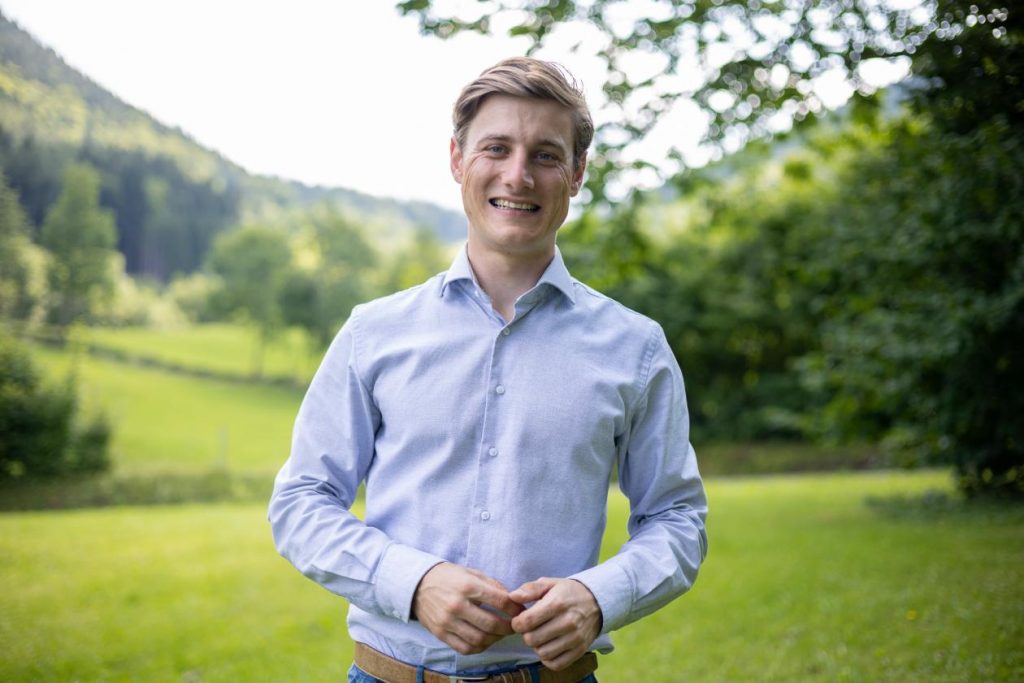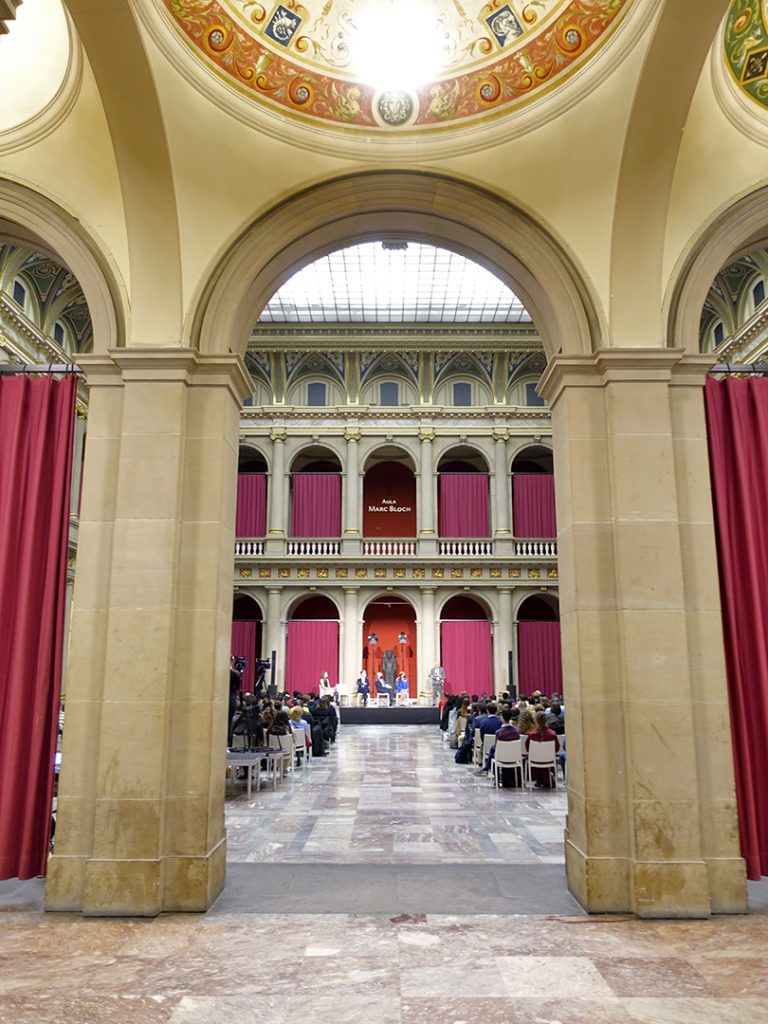United in European diversity!

On the third and fourth of March, the University of Strasbourg opened its doors to welcome the first inaugural session of the European assembly for students in the Aula of the Palais Universitaire. A symbolic place since it hosted the first constituent assembly meeting of the Council of Europe, on May 9, 1949.

Interview with Johannes Schützenhofer, student at the University of Natural Resources and Life Sciences, Vienna (Universität für Bodenkultur) and president of the Student Board for EPICUR.
What were your expectations for this event?
It’s a big scale event during which numerous alliances meet, mainly to take part in the round table regarding European democracy though student diplomacy, which is an excellent opportunity for alliances to work together and share their experiences and impressions on the engagement of students within their respective alliances.
What was your role?
275 students participated in that event; each of them was assigned to a different panel. The participants were divided into ten themed panels, each dedicated to a challenge regarding the future, with the supervision of experts, to help them prepare well-documented and specific recommendations. The recommendations are then submitted to the European Commission as part of the conference on the future of Europe. I was assigned to the panel of “cybersecurity” I therefore worked on the subject for its presentation during the assembly.
What do you think will be the principal impact of that assembly on the partner universities?
The outcome will mainly result from the exchange between the students from the different universities, in order to have a more global vision towards the engagement level of each university towards its students.
What encouraged you to join the student board?
I wanted to be part of the Student Board for the new learning opportunities it offers. As a representative for student, it is part of my duty to take part in sharing and contributing to exchanges between students and professors.
What do you think about Strasbourg being the host of that event?
It is my fourth time in Strasbourg, and here we can easily notice the co-existence and influence of different cultures. In this case, it is German and French culture, which offers various opportunities for students wishing to pursue studies or a carrier in a multicultural city. In addition, Strasbourg is home to the European Parliament, a perfect representation of multiculturalism.
Watch the inspiring speech of Michel Deneken, the President of the university of Strasbourg and Chairman of the EPICUR alliance
A European Assembly for students?
The event organized by the European Universities Community (EUC) is one of the largest European academic gathering, programmed as part of the French presidency of the European Union. It gathered 275 students from 38 alliances of European Universities, of which EPICUR, representing 140 higher education institutions and 28 countries. From languages to human sciences to engineering, a large array of academic and professional fields were involved in that great gathering, meaning to give to students a public voice in the European Union.
Exchange is the main purpose of the event. Different interventions took place on the first day. A conference from Michel Deneken, President of the University of Strasbourg, launched the event, followed by the recorded speeches delivered by the French ministry of higher education, Frederic Vidal and by Mariya Gabriel, the European Commissioner for innovation, research, culture, education and youth. On the second day, a series of round tables conferences and panels tackled to question of European democracy through student diplomacy. The event ended with a plenary session during which students presented the results from these two study days.









